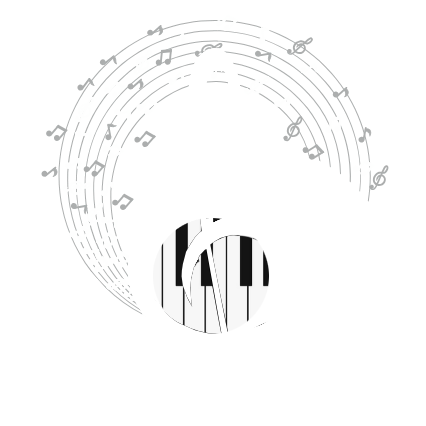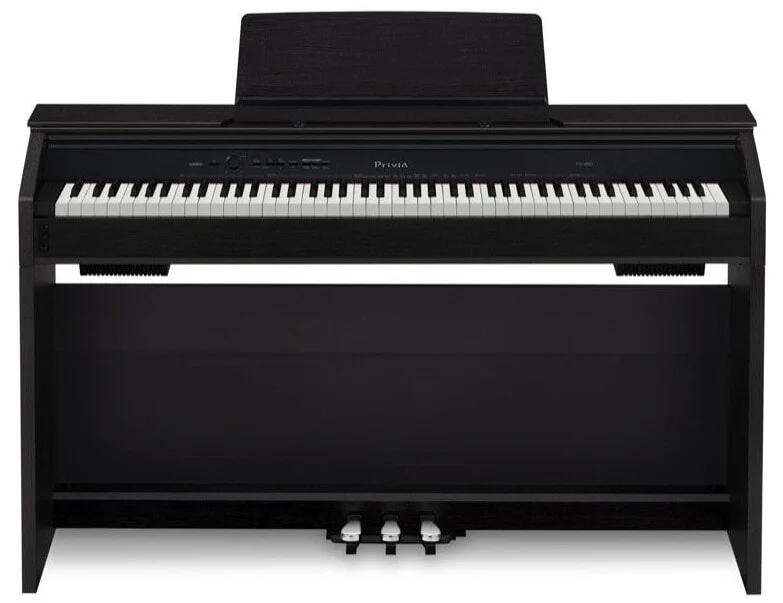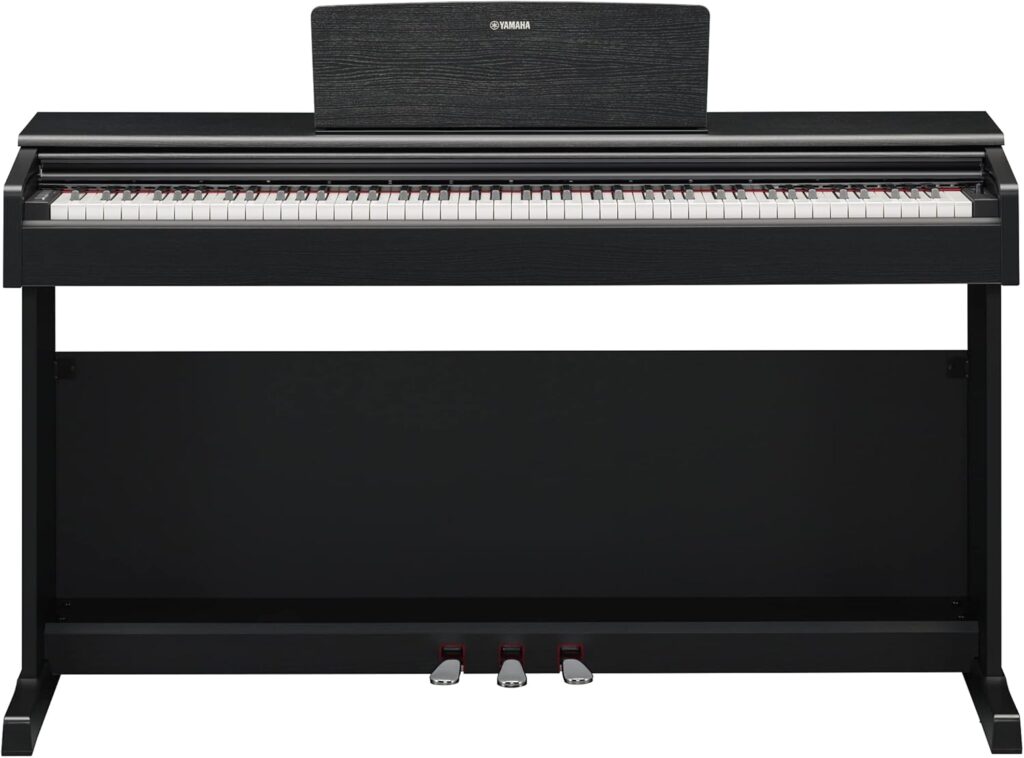Shift Your Mindset: It’s Okay to Be a Beginner
Everyone Starts Somewhere
It’s easy to feel overwhelmed when picking up a new skill—whether it’s piano, painting, or learning a language. But every expert was once a complete beginner. The first step? Give yourself permission to not be perfect. Your only job right now is to start.
Progress Isn’t Linear—and That’s Normal
Some days will click. Others might feel like a struggle. Expect ups and downs. Learning is a journey, not a checklist. Be curious, not critical.
Set Small, Clear Goals
Break It Down
Instead of saying “I want to learn piano,” try “I’ll learn one simple song this week” or “I’ll practice for 10 minutes a day.” Small wins keep you motivated and make the process less intimidating.
Track What You Learn
Use a notebook, app, or journal to keep track of your progress. Even logging little things—like “played for 5 minutes today”—can build momentum.
Create a Routine That Fits Your Life
Keep It Simple and Repeatable
You don’t need to dedicate an hour a day to grow. Just aim for consistency. Ten focused minutes a day beats one long session per week. Build your new skill into your schedule like brushing your teeth.
Make Your Space Inviting
Whether it’s a piano corner, a cozy reading nook, or a workout mat—set up your space so it’s easy and enjoyable to return to your practice.
Let Go of Perfectionism
Mistakes Are the Method
You’re not doing it wrong—you’re doing it. Mistakes are how your brain builds new connections. If it feels awkward or clumsy, that means you’re learning.
Comparison Will Kill Your Confidence
Don’t compare your day one to someone else’s year five. Focus on your own growth, your pace, and your reasons for starting.
Use Resources That Actually Help
Choose Beginner-Friendly Tools
Whether it’s an app, course, YouTube channel, or teacher—pick something designed for beginners. Avoid jumping into advanced tutorials or overwhelming guides too soon.
Ask for Support When You Need It
Join a community, ask questions, and don’t be afraid to say “I’m new to this.” People are often more helpful and encouraging than you expect.
Celebrate Every Small Win
Progress Deserves Recognition
Did you practice today? Learn a new chord? Finish a tutorial? That’s a win. Celebrate it. Progress isn’t just about reaching the goal—it’s about building the habit and enjoying the process.
Stay Curious and Kind to Yourself
The more fun you have with learning, the more likely you are to stick with it. Stay curious, laugh at the fumbles, and keep going.
Conclusion: Starting Small Is Starting Strong
The beginning of any journey can feel uncertain—but it’s also full of potential. You don’t need to have it all figured out. Just start. Pick one small step, repeat it, and build from there. Your future self will thank you for being brave enough to begin.
FAQs
1. What’s the best way to stay motivated when learning something new?
Set small, achievable goals and celebrate each win. Consistency builds confidence.
2. How do I stop comparing myself to others?
Remind yourself that every learner has a different pace. Focus on your journey, not someone else’s highlight reel.
3. What if I don’t have a lot of time each day?
Even 5–10 minutes of focused practice can make a difference. It’s more about consistency than time.
4. Should I follow a strict plan or learn freely?
It depends on your style. Some people thrive with structure, others with exploration. Try both and see what sticks.
5. How do I know if I’m improving?
Track your progress, even in small ways. Revisit something you struggled with earlier—you’ll likely surprise yourself with how far you’ve come.



